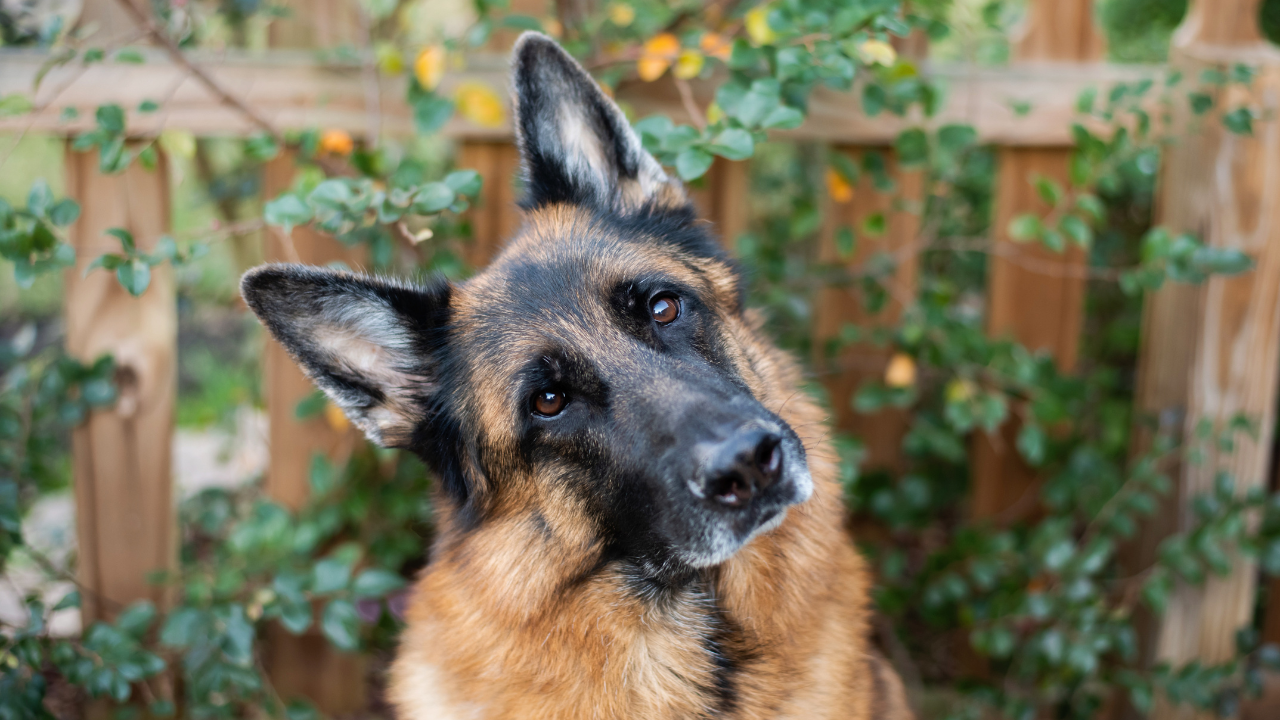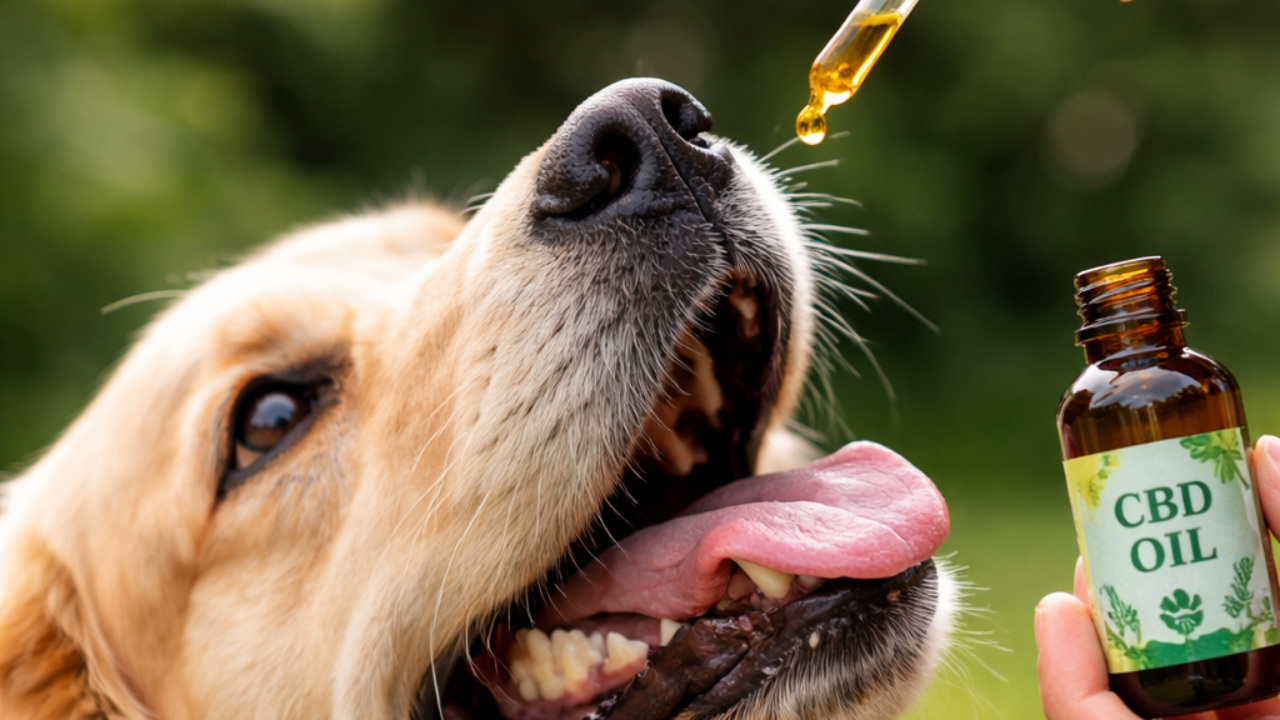Understanding Nasal Tumors in Dogs
Mar 25, 2025
If you're reading this, chances are you're concerned about your dog's health. Symptoms like persistent sneezing, nasal discharge, or nosebleeds can be alarming. It's important to know that you're not alone; many dog parents face similar worries. Let's explore nasal tumors in dogs, how to recognize them, and the steps you can take to help your beloved companion.
What Are Nasal Tumors?
Nasal tumors are abnormal growths within a dog's nasal cavity or nearby sinuses. Though they account for only about 1–2% of all canine cancers, approximately 80% are malignant and can be locally aggressive .
The most common types include adenocarcinoma, squamous cell carcinoma, and various sarcomas.
Recognizing the Symptoms
Early detection is crucial, but nasal tumors can be challenging to identify as their symptoms often resemble less serious conditions like allergies or infections. Be vigilant for signs such as:
-
Persistent Nasal Discharge: May be clear, cloudy, or bloody, often affecting one nostril.
-
Frequent Sneezing: Especially if it's more than usual or without an obvious cause.
-
Nosebleeds (Epistaxis): Recurring nosebleeds are common.
-
Facial Swelling or Deformity: Swelling around the nose or eyes as the tumor grows.
-
Difficulty Breathing: Noisy or labored breathing may indicate obstruction.
-
Pawing at the Face: Due to discomfort.
-
Loss of Appetite or Weight Loss: Pain or difficulty smelling can reduce interest in food.
-
Eye Discharge or Bulging Eyes: Tumors pressing against the eyes can cause issues.
-
Behavioral Changes: Lethargy, irritability, or other noticeable changes.
These symptoms can develop gradually, making them easy to overlook. If you notice any combination of these signs, consult your veterinarian promptly .
Diagnosing Nasal Tumors
Diagnosing a nasal tumor involves several steps:
-
Physical Examination: Assessing facial symmetry, nasal airflow, and visible abnormalities.
-
Imaging: X-rays, CT scans, or MRIs provide detailed views of the nasal cavity and help determine the tumor's size and location.
-
Rhinoscopy: Using a small camera to visualize the inside of the nasal passages.
-
Biopsy: Collecting a tissue sample for microscopic examination to confirm the diagnosis and identify the tumor type .
These diagnostic tools assist your veterinarian in developing an appropriate treatment plan.
Conventional Treatment Options
Treatment depends on various factors, including the tumor's type, size, and location, and your dog's overall health. Common options include:
-
Radiation Therapy: Often the most effective treatment, with advanced techniques like stereotactic radiation therapy (SRT) targeting the tumor precisely while minimizing damage to surrounding tissues .
-
Surgery: In some cases, surgical removal is possible, though it's often challenging due to the nasal area's complex anatomy.
-
Chemotherapy: May be used alongside radiation or surgery, depending on the tumor type.
-
Palliative Care: If curative treatment isn't feasible, focusing on relieving symptoms and maintaining quality of life .PetCure Oncologyvet.upenn.edu
Your veterinarian will discuss the best course of action based on your dog's specific situation.
Exploring Holistic Approaches
Some pet parents explore holistic therapies to support their dog's well-being during cancer treatment. While not cures, they can complement veterinary care:
-
Acupuncture: May help reduce pain, ease inflammation, and boost energy.
-
Herbal Supplements: Herbs like turmeric (curcumin), astragalus, or medicinal mushrooms (e.g., Reishi, Turkey Tail) are believed to support the immune system. Always consult a veterinarian trained in herbal medicine before starting any supplement.
-
Nutrition and Diet: A well-balanced, nutrient-rich diet tailored for dogs with cancer can help maintain strength and support immune function.
-
Aromatherapy: Mild, pet-safe essential oils like lavender may help reduce stress. Never apply oils directly to your dog or diffuse strong scents without professional advice.
-
Massage and Touch Therapy: Gentle massage can increase circulation, reduce anxiety, and strengthen your bond with your dog.
-
Energy Healing and Reiki: While scientific evidence is limited, some owners find value in practices focusing on emotional and spiritual well-being.
Prognosis and Life Expectancy
The prognosis for dogs with nasal tumors varies. Without treatment, the average survival time is approximately 2 to 3 months. With radiation therapy, survival times can extend to 6 to 18 months, depending on the tumor's characteristics and how early treatment begins. While these statistics can be sobering, many dogs maintain a good quality of life during treatment.
Supporting Your Dog at Home
Caring for a dog with a nasal tumor involves more than medical treatment. Here are ways to support your furry friend:
-
Maintain a Comfortable Environment: Keep your home cool and well-ventilated to ease breathing.
-
Monitor Symptoms: Keep track of any changes and communicate with your vet regularly.
-
Provide a Nutritious Diet: Ensure your dog is eating well to maintain strength.
-
Offer Gentle Affection: Your presence and comfort can make a significant difference in your dog's well-being.
Remember, your love and care are invaluable during this time.
You're Not Alone
Facing a cancer diagnosis in your dog is incredibly challenging, but you don't have to go through it alone. Support groups, online forums, and organizations like the Drake Dog Cancer Foundation offer resources and a community of people who understand what you're experiencing.
If you have questions or need someone to talk to, don't hesitate to reach out. Together, we can navigate this journey with compassion and hope.
References
-
American Veterinary Medical Association. (2021). Cancer in pets. Retrieved from https://www.avma.org/resources/pet-owners/petcare/cancer-pets
-
PetCure Oncology. (n.d.). Nasal Cancer in Dogs. Retrieved from https://petcureoncology.com/nasal-cancer-in-dogs/
-
PetMD. (2023). Nasal Tumors in Dogs. Retrieved from https://www.petmd.com/dog/conditions/cancer/nasal-tumors-dogs
-
VCA Animal Hospitals. (n.d.). Nasal Tumors. Retrieved from https://vcahospitals.com/know-your-pet/nasal-tumors
-
Iowa State University Veterinary Medical Center. (n.d.). Canine Nasal Carcinoma. Retrieved from https://vetmed.iastate.edu/sites/default/files/LVMC/SmallAnimal/Specialties/Oncology/ClientResources/ISU%20LVMC%20Oncology%20Canine%20Nasal%20Carcinoma%20Flyer.pdf
-
DogCancer.com. (n.d.). Nose Cancer in Dogs. Retrieved from https://www.dogcancer.com/articles/types-of-dog-cancer/nose-cancer-in-dogs/
-
PubMed. (1998). Cancer of the nasal cavity and paranasal sinuses and exposure to environmental tobacco smoke in pet dogs. Retrieved from https://pubmed.ncbi.nlm.nih.gov/9525536/
Become a Dog Cancer Coach.
Transform your passion for dogs into a meaningful, heart-led career with our Holistic Dog Cancer Coach Certification—an in-depth, flexible online program designed for compassionate caregivers ready to make a difference.
Stay connected with news and updates!
Join our mailing list to receive the latest news and updates from our team.
Don't worry, your information will not be shared.
We hate SPAM. We will never sell your information, for any reason.





